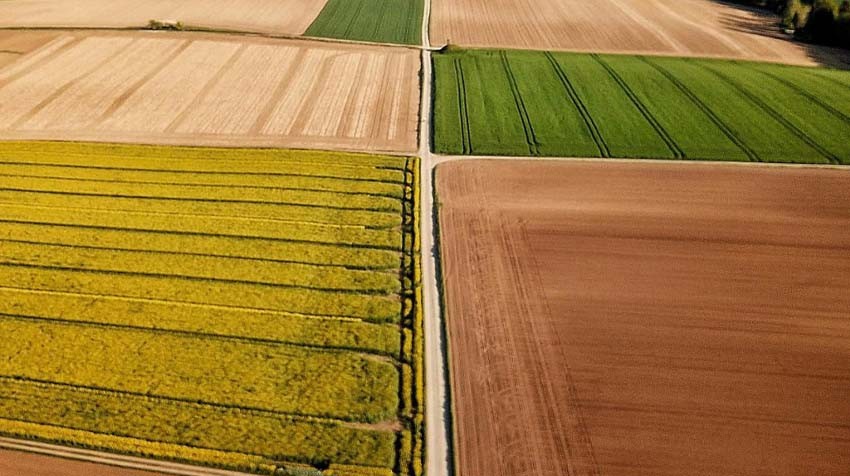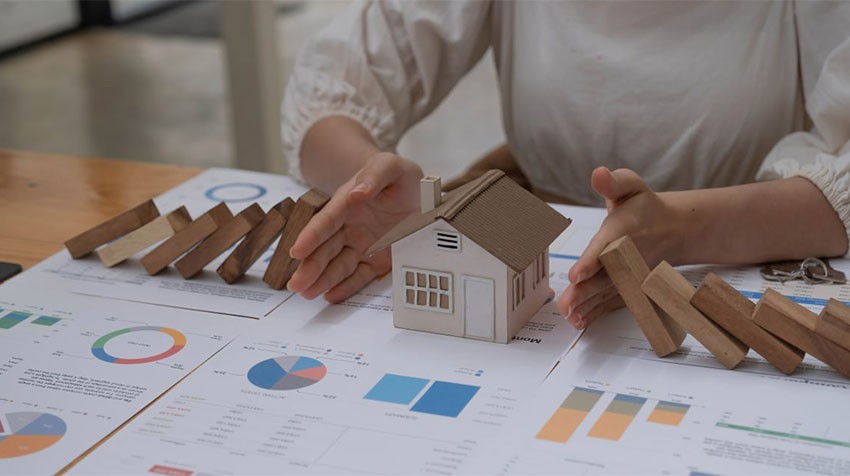
How to Choose the Best Plot for Your Business
A Practical Guide for Builders, Entrepreneurs, and Investors
Choosing the right plot for your business is more than just picking an empty space in a promising area. A plot that seems perfect on paper can turn into a legal, logistical, or financial burden if not evaluated properly. This guide outlines key factors to consider so you can make an informed decision—whether you’re building a retail space, warehouse, factory, or office.
1. Define Your Purpose First
Your business model should guide your land choice. A retail showroom needs visibility and foot traffic, while a warehouse demands open space and easy access to highways. A restaurant, on the other hand, may need a balance of accessibility, parking, and nearby population density.
Start by defining your primary needs:
- Customer access
- Loading/unloading space
- Proximity to suppliers
- Expansion possibilities
Never buy land and then try to make your business fit it. Always plan the other way around.
Understand the Location in Detail
The location must support your operations, not just look good on a map. Evaluate:
- Accessibility during peak hours
- Road width for delivery trucks
- Nearby public transport
- Visibility from the main road
In cities like Dhaka and Chattogram, small distance shifts can change everything—traffic conditions, infrastructure availability, and property value. Visit the site multiple times during different hours and days.
Also, look for future development signs like:
- Planned metro stations
- City master plan changes
- Nearby commercial projects

Nearby commercial projects
Every area in Bangladesh is classified into zones—commercial, residential, mixed-use, or industrial. Buying land without checking this can block your construction approval or expose you to costly legal delays.
Ask for:
- Zoning classification
- Land Use Clearance Certificate
- Up-to-date title deed, Khatian, mutation papers
If any key document is missing, don’t walk away immediately—assess the situation with a property lawyer. In some cases, you can negotiate the price or ask the seller to update the papers before closing.
4. Check Plot Shape and Layout
Not all square footage is equally useful. A rectangular plot with wide road frontage is often more practical than a narrow or oddly shaped one. Consider:
- Vehicle access and turning radius
- Parking space
- Room for future extensions
- Natural lighting and ventilation opportunities
Bring in an architect early to evaluate if the layout aligns with your operations.
5. Inspect Soil and Elevation
Some plots—especially in low-lying or newly filled areas—may need extra piling, drainage, or soil treatment. These are major hidden costs.
Always run a basic soil test and compare the plot elevation with surrounding roads to assess water runoff and flood risks.
6. Confirm Access to Utilities and Infrastructure
Check for official connections to:
- Electricity and water
- Gas supply
- Sewage and drainage
- High-speed internet
In many areas near Dhaka (e.g., Purbachal, Savar), land might not yet be connected to utility grids. Ask for documentation or written commitments—not just verbal claims that “lines are nearby.”
7. Conduct a Legal Background Check
Land issues like dual ownership, forged documents, or unrecorded mortgages still exist in parts of Bangladesh. Hire a property lawyer to:
- Verify title deed and mutation
- Trace ownership history
- Check for mortgage or court disputes
If legal risks are found, decide based on their severity: walk away, renegotiate, or proceed with caution.

8. Think Long-Term Value
Every piece of land carries two kinds of value: what it offers today, and what it makes possible tomorrow. The right plot should match your current checklist and leave space for your business to grow, shift, or scale with time. Whether that means expanding your operations, adapting to new trends, or turning the land into a future asset, flexibility is part of the investment.
Don’t settle for land that limits your future plans. A smart purchase creates room for growth.
Clarity, due diligence, and foresight turn a piece of land into a strategic asset. The right choice supports your business, strengthens its position, unlocks future options, and puts you in control from day one.













